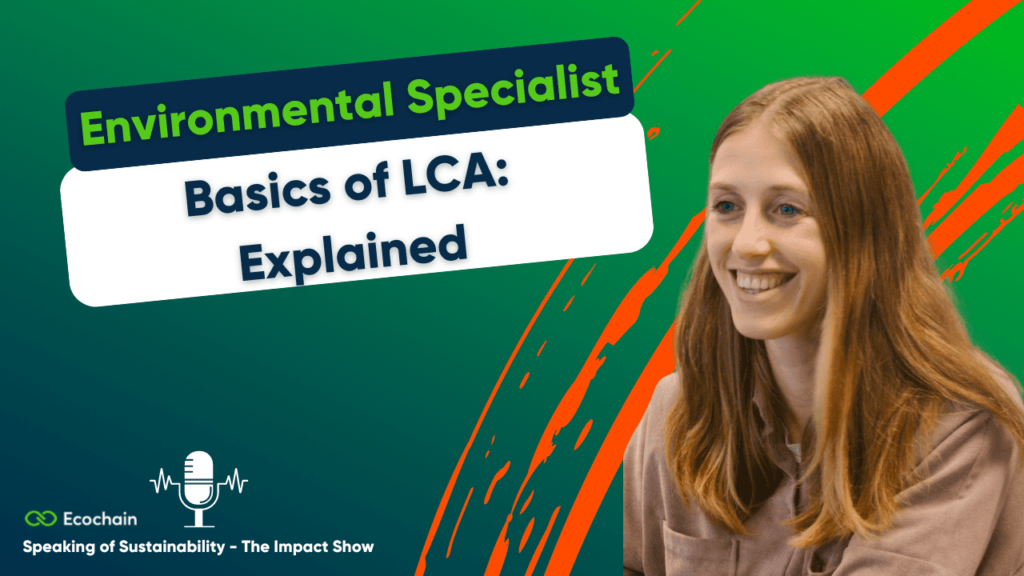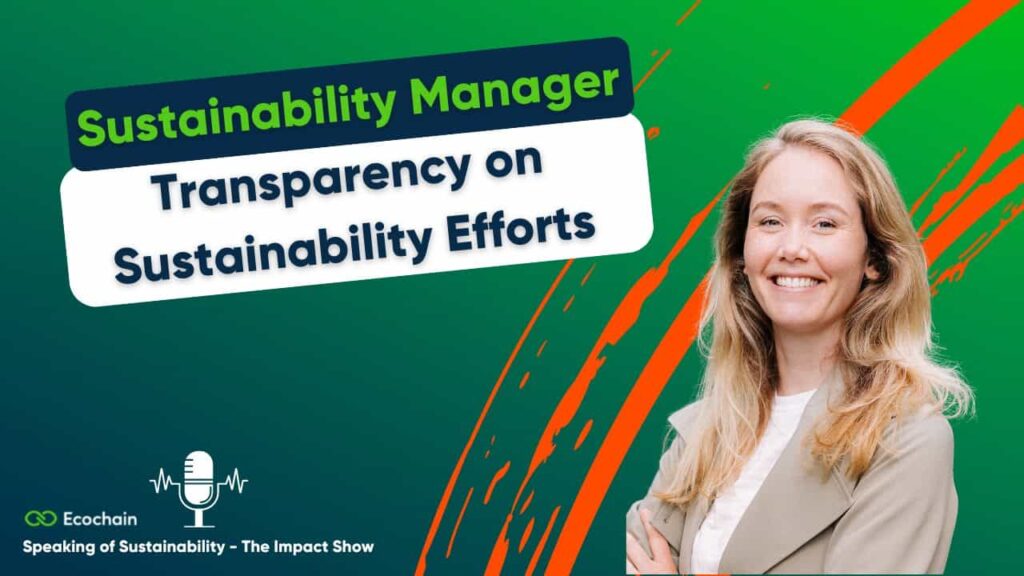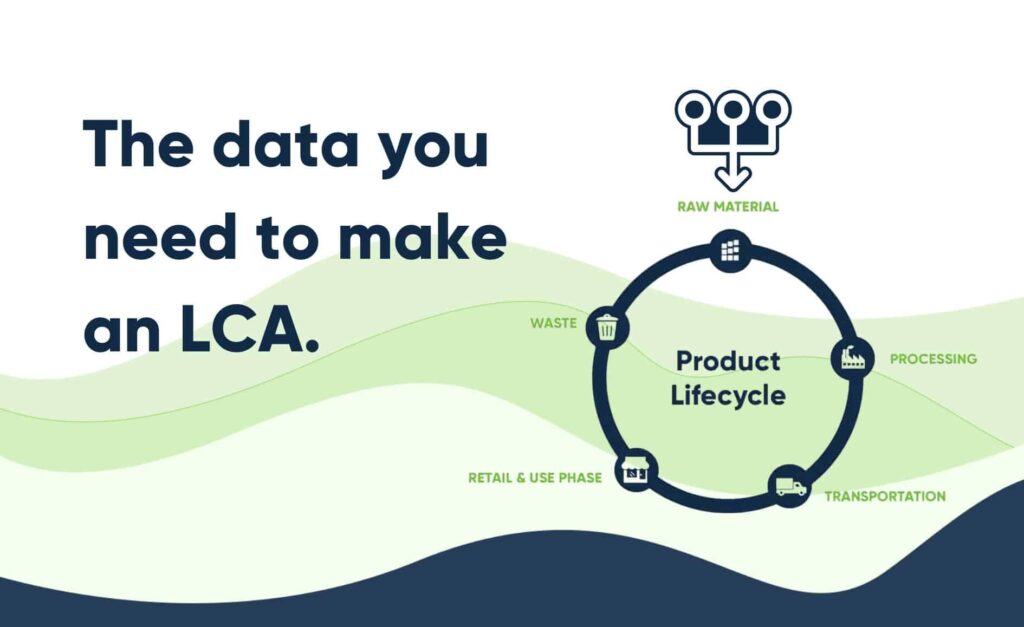Key Learnings From 3 Sustainable Apparel Frontrunners

Sometimes, learning about sustainable apparel is like going to school again. And like in school, there are those straight-A students that blurt out the answers while you still try to understand the question. What answers do MUD jeans, Patagonia, and MATE the label frontrunners have regarding sustainable apparel? Fancy a peek at their homework? In this […]
What on Earth is a Life Cycle Assessment (LCA)?

Our environmental specialist Emma Thunnissen has dealt with just about everything concerning LCA with our clients. That’s why we thought she was the perfect person for the task of explaining the ins and outs of LCA. In the episode: How does LCA work? What kind of footprint results do you get? How can you use […]
Beginners Guide: 6 Steps to Create Sustainable Apparel

Extensive water use and- pollution, worker exploitation, microplastic, CO2 emissions… The apparel industry has faced increasing criticism over the past years. Fashion is getting a bad name and customers demand “sustainable” products. But making sustainable apparel products isn’t easy. What criticism should you focus on? What kind of impact do your products actually have on […]
The two types of data in LCA – A Short Introduction.

So what kind of data do you actually need to make a Life Cycle Assessment (LCA) of your products? Think of the energy usage for your manufacturing and waste processes, data on your purchased & used raw materials, etc. Much data can be found in your own finance or purchase department. But with supply chain data (e.g. […]
Life Cycle Assessments & The Fashion Industry: The Good, The Bad, The Potential

With the recent increase in greenwashing claims for big names like H&M, Boohoo, Asos, Asda, Life Cycle Assessments (*LCA for short) as a measurement method for the environmental impact of products – has come under quite a lot of critique. These brands are often accused of showing inaccurate environmental data and untransparent/bad sustainability reporting. Of […]
What sustainability claims can you make as a company? – Talking Transparency in Fashion.

We spoke to Femke Lotgerink the sustainability manager of O My Bag, to find out her thoughts on the topic. With her sustainability expertise came a strong commitment to transparency. And a willingness to admit the sustainability actions that still require progress at O My Bag. Sustainability is a multifaceted topic. As Femke puts […]
Primary vs. Secondary Data: What’s The Best In LCA?

To make an LCA of your product(s) you need data. Think of the energy usage for your manufacturing and waste processes, data on your purchased & used raw materials, etc. Much data can be found in your own finance or purchase department. But with supply chain data (e.g. purchased raw materials) it’s trickier. How do you get […]
The Data You Need For a Life Cycle Assessment (LCA)

Life Cycle Assessment (LCA) is a scientific method to measure the environmental footprint of a product. The result: 15+ impact outcomes. But before you can measure, you need information on your product. Think of data on your usages & emissions, utilities, transport, materials, etc. That’s why the first step in measuring LCA’s is Data Collection. Data […]
The impact of our daily fashion choices – How to design for durability.

Olof conducted an extensive study where he documented EVERY single piece of clothing he wore every day (for 3 years!!) – And monitored the amount he used each piece. This taught him a thing or two about the value and environmental impact of the clothing we use. At Ecochain we see it all the […]
#GotData Webinar 1: Data Collection for Environmental Footprinting

GotData – Webinar 1: How to do Data Collection in Environmental Footprinting – With Ieke Bak, Environmental Specialist at Ecochain Data on your usages & emissions, utilities, transport, ingredients, etc. Measuring the environmental footprint of products (whether it’s your portfolio or individual products) always starts with data collection. We discuss: – Who is responsible […]